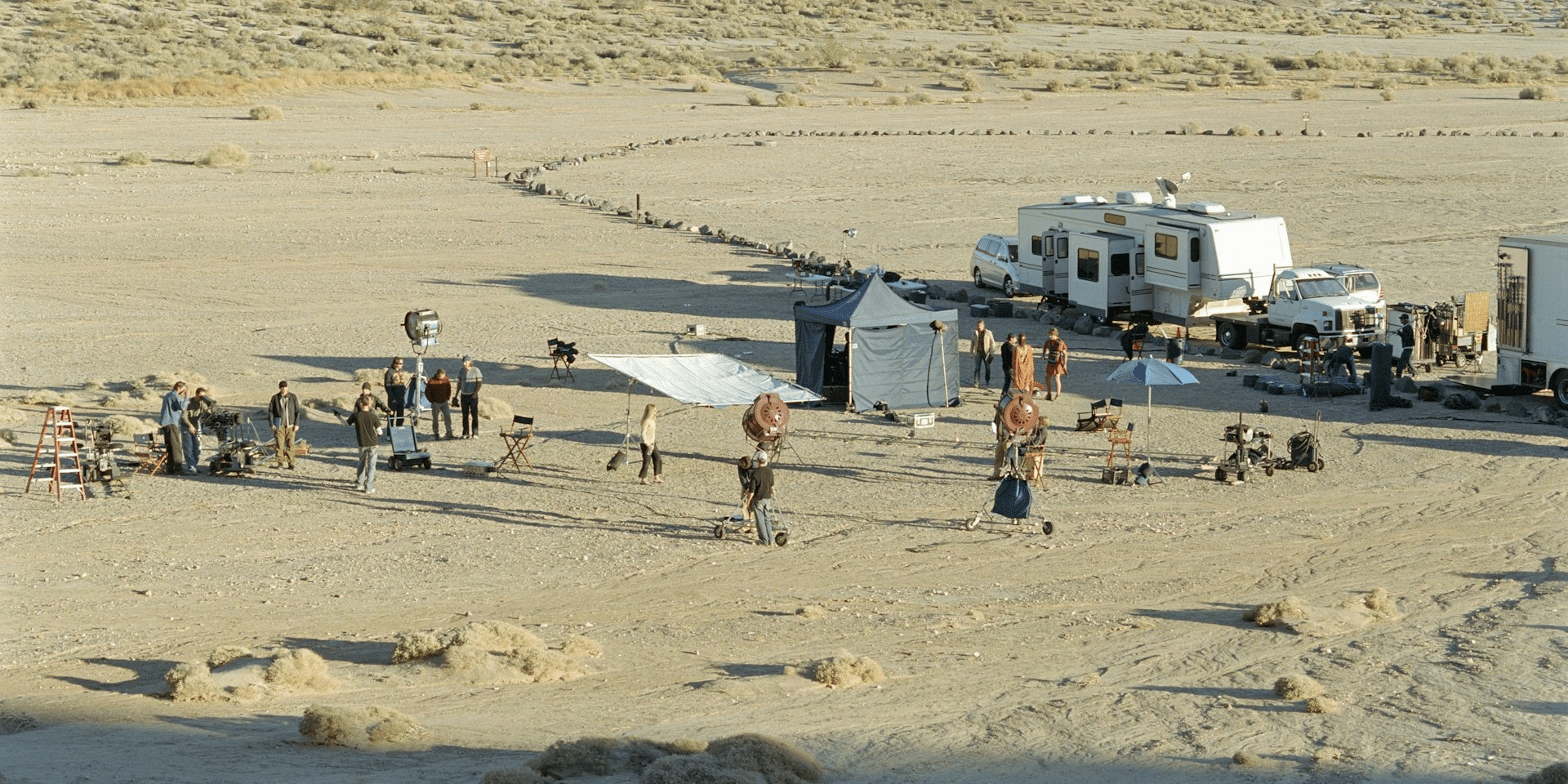The extension of studio contracts in Hollywood has become a significant point of discussion in recent years, reflecting the evolving dynamics of the entertainment industry. This practice, where studios offer actors, directors, and other talent extensions to their existing contracts, holds substantial implications for both the individuals involved and the broader entertainment ecosystem. In this article, we will explore why these extensions are increasingly common, how they impact talent, studios, and audiences, and the future of these agreements in an ever-changing media landscape.
Understanding Studio Contracts and Their Extensions
In Hollywood, studio contracts are the agreements made between talent—such as actors, directors, and writers—and film production companies or studios. These contracts are critical to ensuring the production of films and television shows, as they outline the terms of employment, compensation, and the duration of collaboration between the talent and the studio.
Contract extensions are offered when a studio wishes to continue working with a specific talent, typically because the individual has demonstrated substantial success, appeal, or potential in prior projects. These extensions provide a framework for continued collaboration, often with the added benefit of renegotiated terms, which could include higher pay, more creative control, or expanded roles in future projects.
Why Are Studio Contract Extensions Common?
- Talent’s Increasing Value to Studios
Over the years, talent in Hollywood has become increasingly valuable, especially in the realms of franchise films, television series, and streaming content. With the rise of streaming services like Netflix, Amazon Prime, and Disney+, the competition for top-tier talent has intensified. Studios often offer extensions to retain their most successful and marketable talent. This is particularly true when an actor or director plays a key role in a highly profitable franchise or series, as their presence is seen as integral to the continued success of the property. - Franchise and Brand Continuity
The modern entertainment landscape is dominated by blockbuster franchises, such as the Marvel Cinematic Universe (MCU) or DC Comics films. These franchises often involve long-term contracts with actors, particularly those in recurring roles, to ensure continuity across multiple films or television series. Studios are keen to secure these contracts to maintain brand consistency and minimize disruptions in production schedules. Contract extensions allow studios to secure talent for several projects, ensuring that major storylines or character arcs can unfold as planned over multiple seasons or film installments. - Changing Career Trajectories for Actors and Directors
The career trajectory of actors and directors in Hollywood has evolved considerably. In the past, an actor might sign a single contract for one or two films and then move on to other opportunities. Today, many stars sign multi-project agreements with studios, which can include extensions as they rise in popularity. Directors and writers are also benefiting from extended contracts, especially as the line between cinema and television continues to blur. Showrunners, writers, and directors of successful series often extend their contracts as their roles become more influential and their projects more lucrative.
How Do Contract Extensions Impact Talent?
- Financial Benefits and Increased Job Security
For talent, the financial benefits of a contract extension are considerable. Higher pay is often a key component of an extension, particularly if the original contract did not anticipate the immense success a project achieves. For actors who have become stars within a franchise, such as Robert Downey Jr. in the MCU, a contract extension often comes with a significant pay raise to reflect their new level of star power. Additionally, these extensions provide job security, as they guarantee work for a set period, reducing the uncertainty that often accompanies the freelance nature of the industry. - Creative Opportunities and Influence
With a contract extension, talent may gain more creative control or influence within a project. Actors, directors, and writers who have already proven their abilities in previous films or series often have more leverage in contract negotiations. An extension might allow them to shape the direction of their character’s arc, request involvement in script revisions, or even take on behind-the-scenes roles in production. This increased creative input is particularly appealing to individuals who want to influence the artistic direction of the work they are involved in. - Risks and Limitations of Extended Contracts
While there are many benefits to extended contracts, there are also risks for talent. One major concern is being typecast or confined to a particular role, especially in franchise films or television series. An actor might find themselves locked into a series of similar characters over an extended period, limiting their opportunities for diversification. Furthermore, long-term contracts can restrict an actor’s ability to take on other exciting opportunities, as their time is committed to the studio.
The Impact on Studios and the Industry
- Ensuring Stability and Success
For studios, contract extensions provide the stability needed to ensure the success of long-term projects. With franchise films and television shows requiring extensive planning and coordination, studios want to secure their talent early to avoid the disruptions that can come from talent turnover. By offering contract extensions, studios can ensure that key actors, directors, and writers remain available for upcoming installments, avoiding delays and potential conflicts with other productions. - Navigating the Competitive Entertainment Landscape
The rise of streaming platforms and the growing number of production companies has made Hollywood more competitive than ever. Studios are now competing not only with each other but also with streaming services and independent producers. By extending contracts with talented individuals, studios ensure that they maintain a competitive edge, especially when talent has proven to be integral to the success of a project. This is especially true for talent with strong social media followings or significant fan bases, as their involvement in a project can have a major impact on its commercial success. - Financial Implications and Contract Negotiations
Offering contract extensions is not without its financial implications for studios. Renegotiating contracts for top-tier talent can be costly, as studios may need to offer higher pay or additional benefits to retain key personnel. However, the cost of securing talent for long-term contracts is often outweighed by the potential for continued success, particularly with projects that generate significant revenue from box office sales, streaming subscriptions, or merchandise.
The Future of Studio Contract Extensions
The future of contract extensions in Hollywood will likely continue to be shaped by changes in the entertainment industry. As streaming platforms grow in power, the lines between film and television continue to blur, and the demand for high-quality content rises, studios may offer even more flexible and creative contract terms.
Moreover, with talent becoming more involved in the creation and production of content, contracts may evolve to give actors, writers, and directors more influence over project direction. This could include increased opportunities for creative input, profit-sharing agreements, and even greater ownership of intellectual property.
As the industry continues to transform, it is clear that contract extensions will remain an essential tool for studios to retain top talent and ensure the continued success of their most lucrative projects.
The extension of studio contracts in Hollywood has become an integral part of the entertainment industry’s strategies for talent retention and project continuity. With financial benefits, creative opportunities, and the security of long-term employment, these extensions offer significant advantages for both talent and studios. However, they also come with challenges, particularly in terms of typecasting and limited career flexibility. As Hollywood continues to evolve with the rise of streaming services and new business models, the role of studio contract extensions will likely adapt to meet the changing needs of both talent and production companies.














